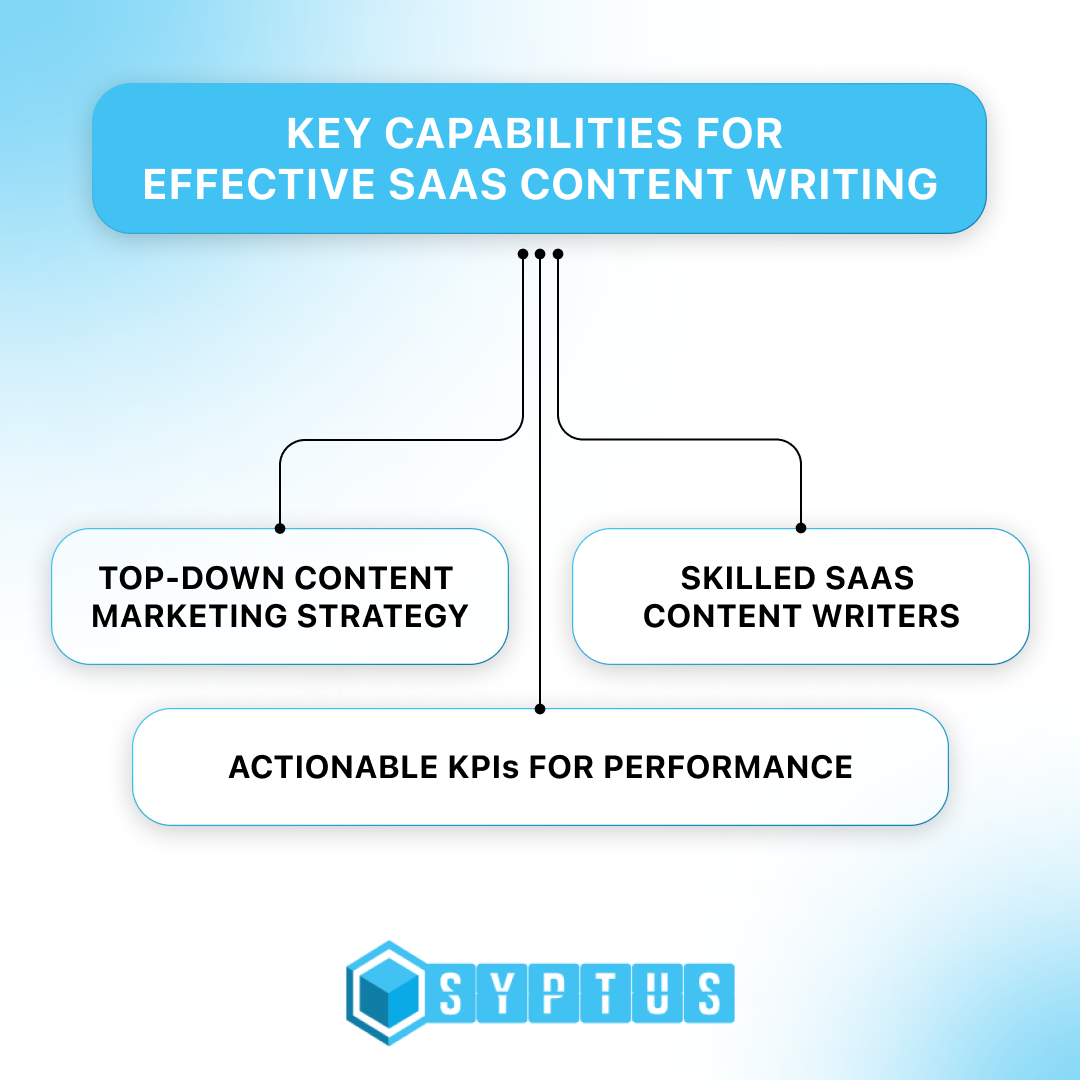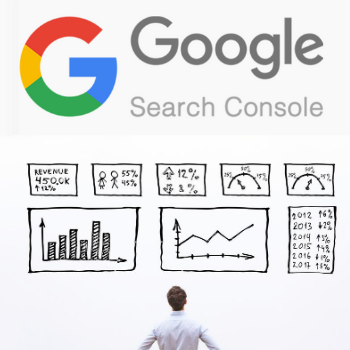By Dheeraj S | August 25th, 2024
SaaS content writing for marketing vs. technical writing – What is the difference?
When it comes to SaaS content writing to support marketing campaigns, the key objectives are to attract, engage, and convert prospects into customers. According to a study by the Content Marketing Institute, 84% of B2B marketers use content marketing to generate brand awareness and 78% to educate their audience.
To achieve these objectives, SaaS companies must produce high-quality, authoritative content that resonates with their target audience. However, this must be done within the constraints of available resources, time, and marketing budgets. A survey by Orbit Media found that the average time spent creating a blog post is 4 hours.
Defining SaaS, Technology Marketing, and How SaaS Content Writing Differs from Technical Writing?
Before discussing the differences between SaaS content writing for marketing and technical writing, let’s define a SaaS company. Software as a Service (SaaS) companies provide software solutions for specific domains (e.g., CRM, marketing, e-commerce) that users access either online or via a local copy. Pricing is typically monthly, annual, or fixed-duration.
Technology marketing encompasses the strategies these companies use to promote their products, with content marketing being a key subset. Content marketing involves creating and distributing content to acquire, engage, and convert users. Another aspect is paid media marketing, where companies generate leads through paid ads targeting specific search keywords or audience segments.
SaaS content writing specifically refers to creating marketing collateral that supports broader content marketing efforts. This type of writing differs significantly from technical writing in several ways:
1. Audience:
Marketing content targets potential customers, while technical writing is aimed at existing users.
2. Tone and Style:
Marketing content is persuasive and engaging to drive action, whereas technical writing is instructional and informational.
3. Goals:
Marketing content aims to attract leads and drive sales, while technical writing helps users understand and use the product effectively.
4. Channels:
Marketing content is found on blogs, social media, and landing pages, while technical writing is typically in product documentation, FAQs, and support articles.
By recognizing these differences, SaaS companies can develop a content strategy that effectively supports both marketing and technical objectives, ensuring alignment with overall business goals.
SaaS content writing for technology marketing vs. technical content writing – 6 key differences
The qualification provided for SaaS content writing on the lines above helps to identify some very obvious ways in which it differs from technical writing.
| Content writing for marketing | Technical content writing | |
|---|---|---|
| Key objective | The goal is to attract, engage, and convert potential customers by highlighting the SaaS product's value, addressing pain points, and guiding prospects through the sales funnel, ultimately driving actions like demo sign-ups, whitepaper downloads, or purchases. | The main goal is to provide clear, accurate information about a product or service, targeting existing users or knowledgeable prospects to help them understand features, troubleshoot issues, and implement solutions. |
| Audience focus | The audience includes potential customers and decision-makers who may not be technically inclined. The content is tailored to various stages of the buyer’s journey, addressing both business and technical concerns in an accessible manner. | The audience is usually specialized, such as developers or IT professionals, who expect detailed, jargon-rich content on technical aspects of a product or service. |
| Writing tone and style | The tone is conversational and persuasive, focusing on benefits with engaging storytelling, case studies, and real-world examples. | The tone is formal and instructional, prioritizing clarity and precision with a straightforward approach. |
| Content Types | Common content types are blog posts, eBooks, whitepapers, landing pages, emails, and social media posts, all designed to capture attention, provide value, and drive customer action. | Common formats include user manuals, API documentation, knowledge base articles, how-to guides, and technical whitepapers, providing detailed reference material for users. |
| SEO | SEO is vital for broad audience reach, using targeted keywords to boost search rankings and drive traffic. Content is also promoted through social media, email newsletters, and industry publications. | SEO focuses on making content discoverable through specific technical terms, with distribution via internal channels like knowledge bases or support portals rather than broad marketing channels. |
| Writer skillset | Requires marketing knowledge, audience understanding, and the ability to craft compelling narratives. Writers must balance technical accuracy with accessibility and persuasion. | Requires deep technical expertise, strong analytical skills, and the ability to explain complex concepts clearly. Writers must be detail-oriented and create authoritative content. |
3 Key capabilities needed for effective SaaS content writing
1. Top-Down Content Marketing Strategy
A successful SaaS content marketing strategy must be structured and well-planned. Unlike technical writing, which can often be more straightforward, content for marketing requires strategic alignment with business goals and careful planning.
Key Steps:
- Product/Service Identification: Clearly define what you’re promoting.
- Goal Setting: Establish measurable objectives for your content.
- Budgeting: Allocate resources wisely to maximize ROI.
- Topic Clusters: Organize content around central themes that support your strategy.
- Keyword Selection: Choose keywords that drive organic traffic and resonate with your audience.
- Content Planning: Decide between creating original content or repurposing existing materials.
2. Skilled SaaS Content Writers
Finding the right talent is crucial for effective SaaS content writing. The ideal writers possess both domain expertise and technical knowledge, making them rare and valuable assets.
Key Steps:
- Domain & Technology Expertise: Writers should understand the industry and technology you’re targeting.
- English Proficiency: High command of language is essential for clear, persuasive content.
- SEO Knowledge: Writers should be familiar with SEO best practices to ensure content visibility.
- Availability: Finding writers with the right skills and availability can be challenging.
3. Actionable KPIs
Measuring the effectiveness of your content is essential for continuous improvement. While direct attribution to key business metrics might be complex, having a framework for evaluating content performance is necessary.
Key Steps:
- High-Level Framework: Establish a system to assess the ROI of content compared to other marketing efforts.
- Content Performance Metrics: Track how content contributes to trial sign-ups, conversions, and other key actions.
- Comparison with Other Marketing: Evaluate content ROI against paid campaigns, social media efforts, etc.
Outsourcing SaaS Content Writing: Ensuring Scalable and Consistent Marketing
SaaS content writing for technology marketing demands diverse skills, combining expertise in both marketing and technology. Unlike technical writing, which is straightforward and often done in-house, hiring a large team of specialized content writers can be costly. Outsourcing this function is an effective strategy, offering several benefits:
1. Broad Access to Skilled Writers:
Reputable SaaS content marketing agencies maintain a vetted pool of writers with expertise across various topics. This saves time and effort compared to sourcing freelancers directly, especially for smaller companies.
2. Comprehensive Content Services:
Beyond writing, agencies offer additional services like adding images, links, and keywords, and repurposing content into different formats (PDF, PowerPoint, Video). These add-ons come at a small incremental cost.
3. Scalable Content Production:
Outsourcing allows you to scale content efforts up or down as needed. Agencies offer flexible retainer contracts that can be adjusted with minimal notice.
4. Cost Efficiency:
Outsourcing is often more cost-effective than maintaining an in-house team. Agencies offer various pricing models, from individual articles to retainer-based contracts, making it a budget-friendly option for most companies.
Final Words
In short, understanding the nuances between SaaS content writing for marketing and technical writing is essential for effectively engaging your target audience and achieving your business objectives. SaaS content writing aims to attract, engage, and convert prospects, while technical writing focuses on providing in-depth, instructional content for existing users.
To successfully navigate the complexities of content creation, companies need a well-defined content strategy, skilled writers, and clear performance metrics. Outsourcing SaaS content writing can be a strategic move to access expert writing talent, streamline content production, and scale efforts efficiently—all while managing costs effectively.
Ready to elevate your SaaS content marketing strategy? Explore how outsourcing can transform your content creation process. Contact the Syptus Team to discover tailored solutions that align with your business goals and drive impactful results.
Frequently asked questions
The primary objective is to attract, engage, and convert prospects into customers by highlighting the value of the SaaS product, addressing customer pain points, and guiding them through the sales funnel.
SaaS content writing focuses on persuasive, engaging content tailored for potential customers, while technical writing is instructional and designed for existing users or technical audiences.
Outsourcing provides access to a pool of skilled writers, comprehensive content services, and the flexibility to scale production up or down, all while being cost-effective compared to maintaining an in-house team.
Writers need a blend of marketing knowledge, technical expertise, and the ability to craft compelling narratives that balance technical accuracy with accessibility and persuasion.
Companies should establish a high-level framework to assess content performance, tracking metrics like trial sign-ups, conversions, and ROI compared to other marketing efforts.




